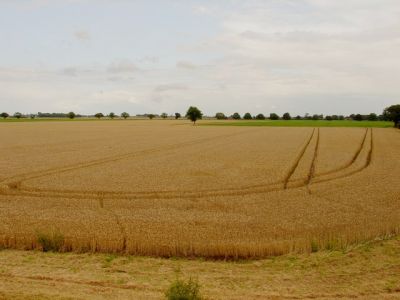
Scientists are incorporating microfibrillated cellulose extracted from cereal waste into low-weight, biodegradable and renewable packaging that boasts superior mechanical and barrier properties and a small environmental footprint.
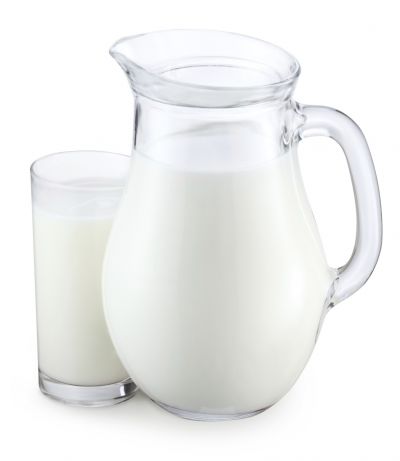
A unique test developed to detect artificially produced growth hormone in cow's milk may help alleviate EU consumer concerns over imported dairy products and to control of the potential illegal use of recombinant bovine growth hormone (rBST) in the EU.

An EU study developed two biomolecular approaches to specific identification of the remains of hunted whales. Doing so shed light on historic and prehistoric ecology, and hunting practices, which may help conserve the endangered animals.
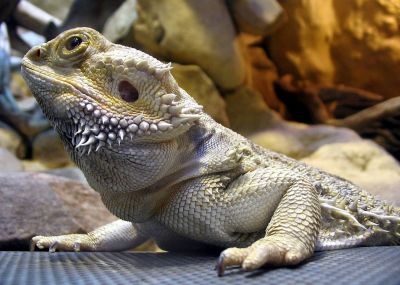
Oxidative stress, or damage due to free radicals, is a hot topic in science due to its role in cancer, infertility and ageing. Recently, EU-funded researchers conducted a unique animal study that sheds light on the process.
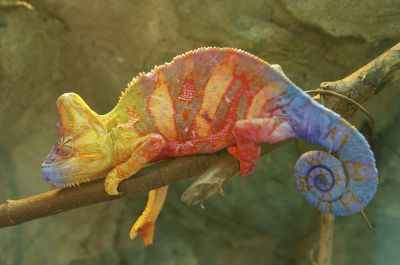
Researchers studying the genes that control colour variation in iguanian lizards have uncovered new clues about evolution and speciation.
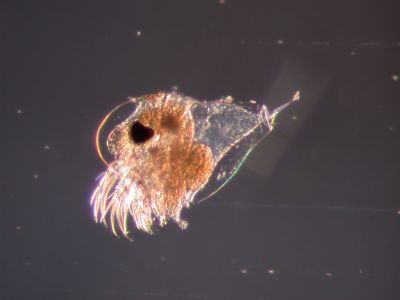
Marine plankton influences the movement of carbon from the atmosphere to the ocean. This biogeochemical process has traditionally been modelled on the supply and consumption of essential nutrients, but an EU-funded project took a new approach.
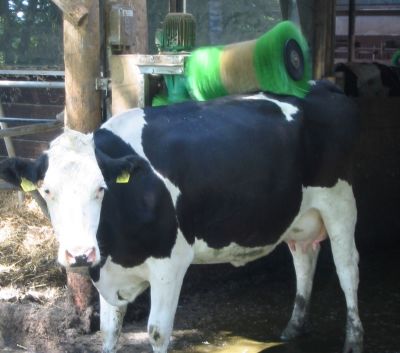
Consumer confidence is falling amid concerns over the health of commercial livestock. An EU initiative is designing novel approaches to improve the health of dairy cows in organic dairy farming.
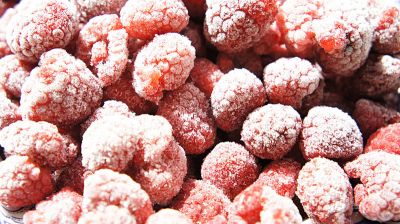
An EU-funded project has harnessed an antifreeze protein (AFP) to prevent ice damage caused by freezing, which increases the shelf-life of food.
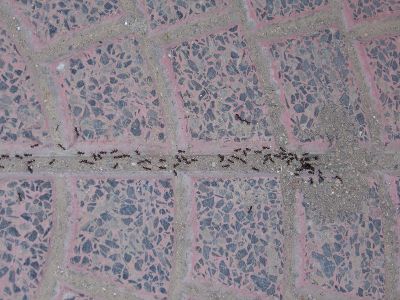
An EU study addressed the evolution of teaching in animals by examining the behaviour in ants. Considering mainly hunger state, the work illustrates how teaching benefits ants, especially regarding exploration and nest-site decision making.
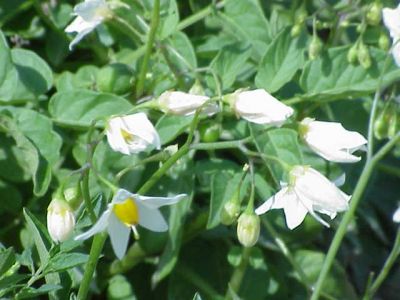
Solanum is a large plant genus including for example potato, tomato and also poisonous nightshade, common European weed. I have identified genes of Solanum ancestors that could be very useful in important commercial crops of the genus.
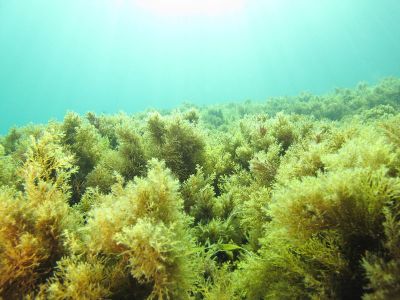
Hardy sea-based microbes could contain enzymes ideally suited to extreme industrial processes. EU-funded researchers with the INMARE project aim to find out.
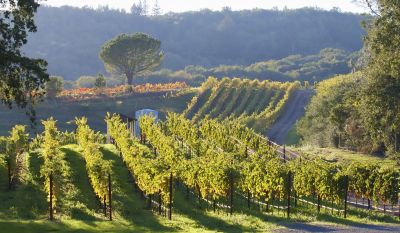
Developments in global agriculture are resulting in new challenges, and concerns remain for how competitive the European agri-food sector is. An EU initiative is using innovative approaches to deliver policy recommendations that will boost the competitiveness of European food chains.
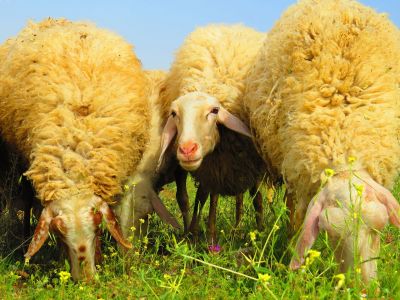
Researchers are developing tools and guidelines to monitor the long-term health of animals exposed to feed derived from genetically modified (GM) crops.
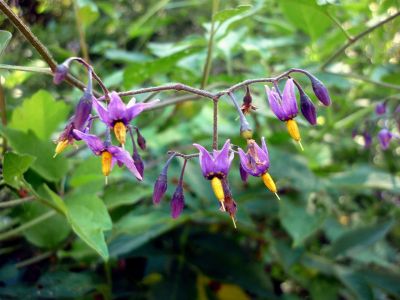
Researchers have gained new insights into how plants respond, at the molecular level, to a lack of oxygen. This could help improve crops grown in low-oxygen environments.
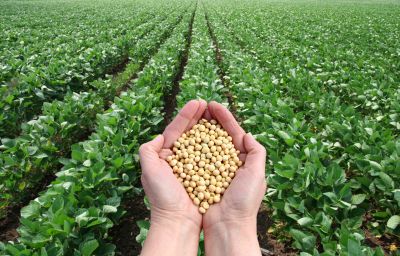
Global food price stability and food security are essential for promoting a fair, well-functioning global economy. The causes of food price volatility and food insecurity are becoming increasingly complex, calling for more scientific support behind current policy responses.
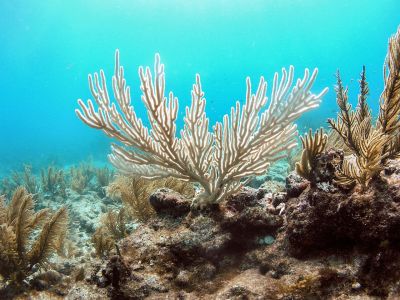
Coral reef ecosystems are under pressure from the growing human population and its activities, as well as climate change and associated sea-level rise. A European study investigated the ecological mechanisms that support coral reef ecosystems in order to address the problem of coral bleaching.
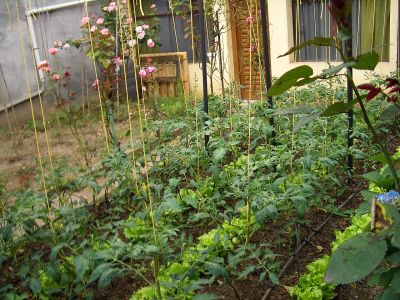
A recent research project has found key proteins that control flowering time in plants, allowing an unprecedented understanding of this economically important process.
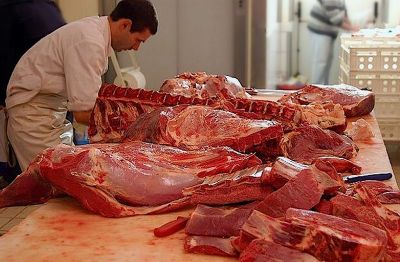
Food scientists will soon have a new tool to authenticate meat products accurately and rapidly thanks to research at the University of Nottingham, United Kingdom.

Discarding still-fresh food upon passing its best-before date wastes both food and money. One solution that could soon be a reality is intelligent food labels that indicate exposure to risky conditions between factory and shelf.
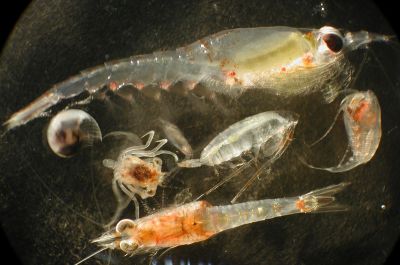
Marine scientists compared the composition of a free-living bacterial community in the Atlantic Ocean with one associated with a type of zooplankton known as a copepod. The results offer valuable insights into the biological and geochemical processes that take place in the open ocean.
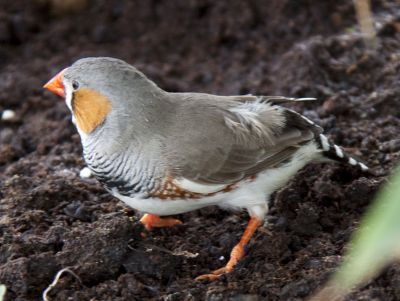
A recent research project has investigated the effects of poor nutrition on lifespan and reproductive success in finches.
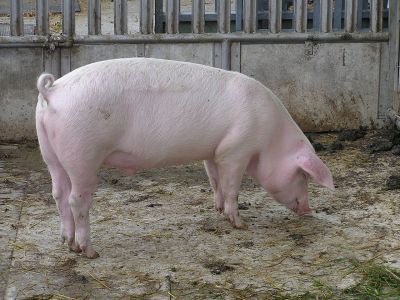
Researchers in the EU are building and testing an automated scanner to rapidly measure meat and fat content of pig carcasses.
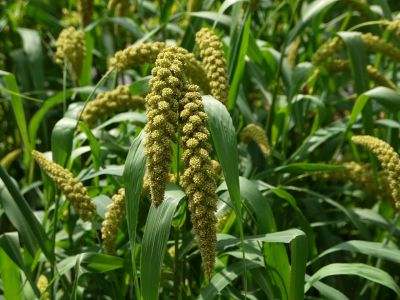
Researchers have used advanced molecular biology tools to improve phosphorus uptake in a common crop plant called foxtail millet.
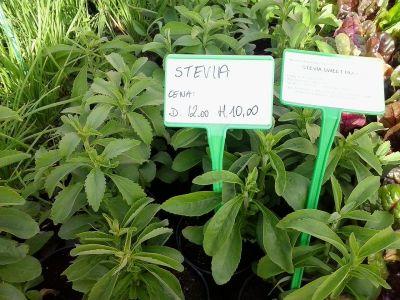
A new research consortium is promoting an alternative crop for tobacco farmers in the face of difficult economic conditions.
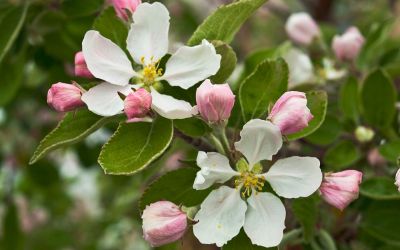
A recent research project has investigated how plants control the progression of flowering and fruiting.
























